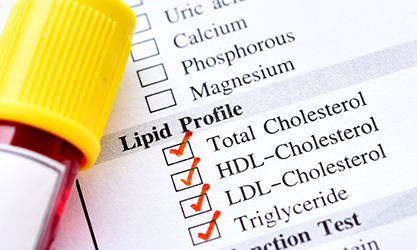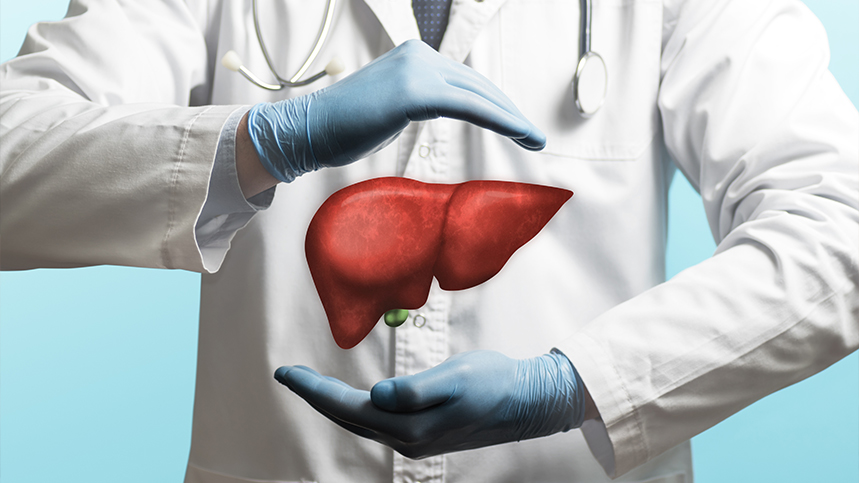Cholesterol is one of the essential lipid (fatty) substance found in our body. However, Higher levels of cholesterol can have adverse effects on our health, increasing the risk of developing heart diseases. Cholesterol testing, also known as lipid profile test or lipid panel, is essential in checking cholesterol levels in our body. Let us understand about cholesterol testing and how it can help us to control our cholesterol levels.
Understanding Cholesterol
Before we understand cholesterol testing, it is necessary to get clarity on the basics of cholesterol. Cholesterol can be low-density lipoprotein (LDL) and high-density lipoprotein (HDL). LDL, also known as bad cholesterol, usually builds up in the arteries and increases the risk of developing heart diseases, while HDL, also known as good cholesterol, helps to remove excess cholesterol from the bloodstream. An increase in the levels of LDL & a decrease in the levels of HDL is an indication of bad cholesterol health.
Who Needs Cholesterol Testing?
Cholesterol testing is advised for people who have a family history of high cholesterol levels, individuals with conditions such as diabetes, high blood pressure, and heart diseases, and those who lead an unhealthy lifestyle. Your doctors may also recommend cholesterol testing depending on your age, sex, and other risk factors and as a part of regular health checks.
Lipid profile test
A lipid profile helps to measure the following parameters in our blood:
- Total cholesterol- total amount of cholesterol in our blood.
- HDL-cholesterol- High density cholesterol (good cholesterol).
- LDL-cholesterol- Low density cholesterol (bad cholesterol).
- Triglycerides (a different type of fat in our body).
Understanding Cholesterol Test Results
Your cholesterol test results will usually show the levels of LDL, HDL, total cholesterol, and triglycerides in your blood. Generally, a total cholesterol level below 200mg/dL is desirable, while an LDL level below 100mg/dL is the target for individuals at high risk of heart disease.
Higher levels of triglyceride can also increase the risk of heart disease in an individual.
Your doctor will advise you on what the results mean, and any lifestyle changes you need to adapt, to control your cholesterol levels.
Lifestyle Changes to Control Cholesterol Levels
If you have higher levels of cholesterol, your doctor may recommend lifestyle changes such as a healthy diet, regular exercise, quitting smoking, and maintaining a healthy weight to help control your cholesterol levels. Your doctor may also recommend medication to manage your cholesterol levels.
Cholesterol testing is essential in monitoring your cholesterol levels and controlling your health. Maintaining healthy cholesterol levels through lifestyle changes and medication can significantly reduce the risk of developing heart diseases and other conditions associated with high cholesterol levels. If you have not had your cholesterol levels checked, talk to your healthcare professional today. To book the cholesterol (lipid profile) test at AMPATH labs, click Here.










